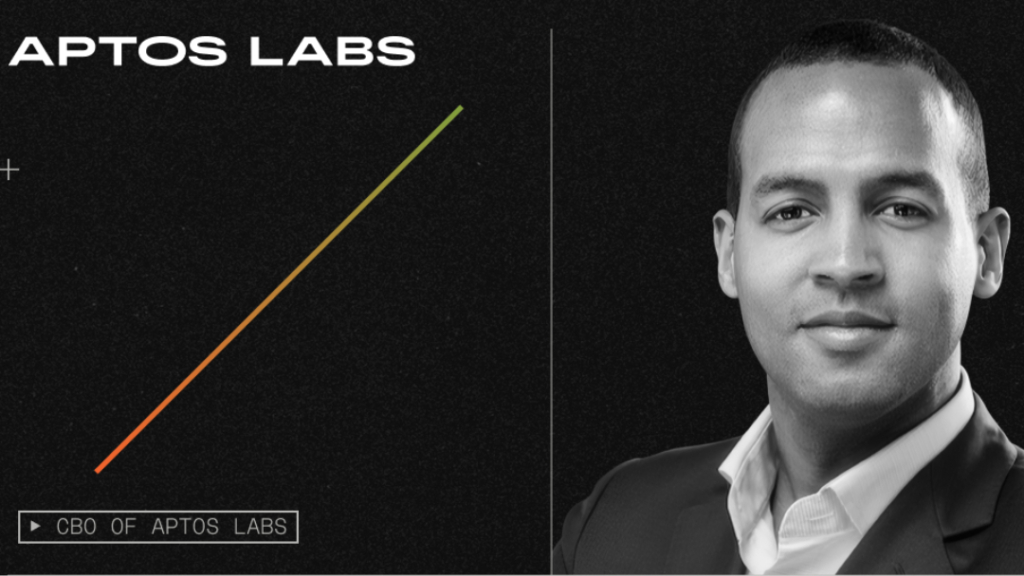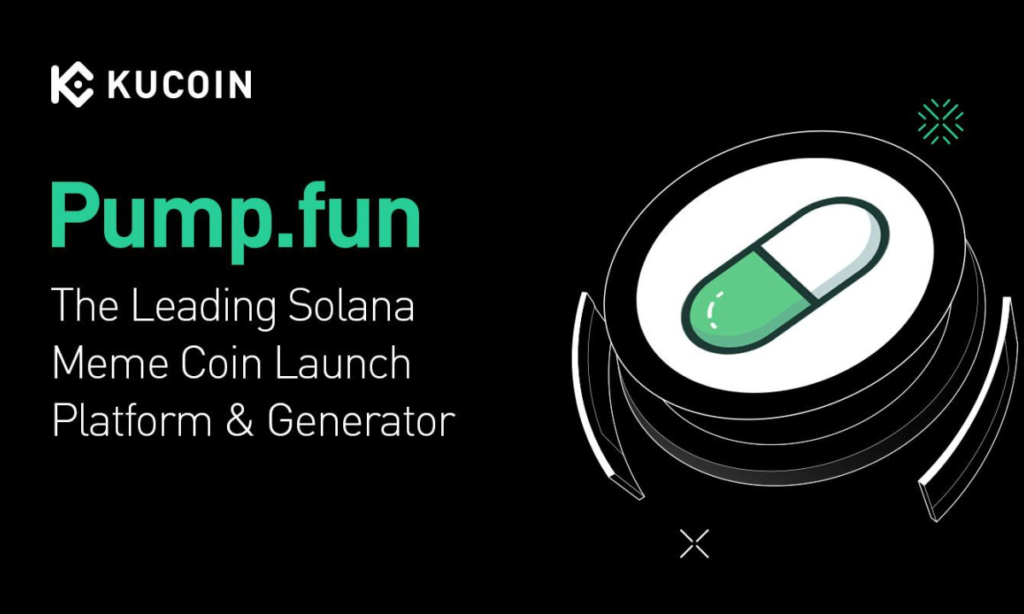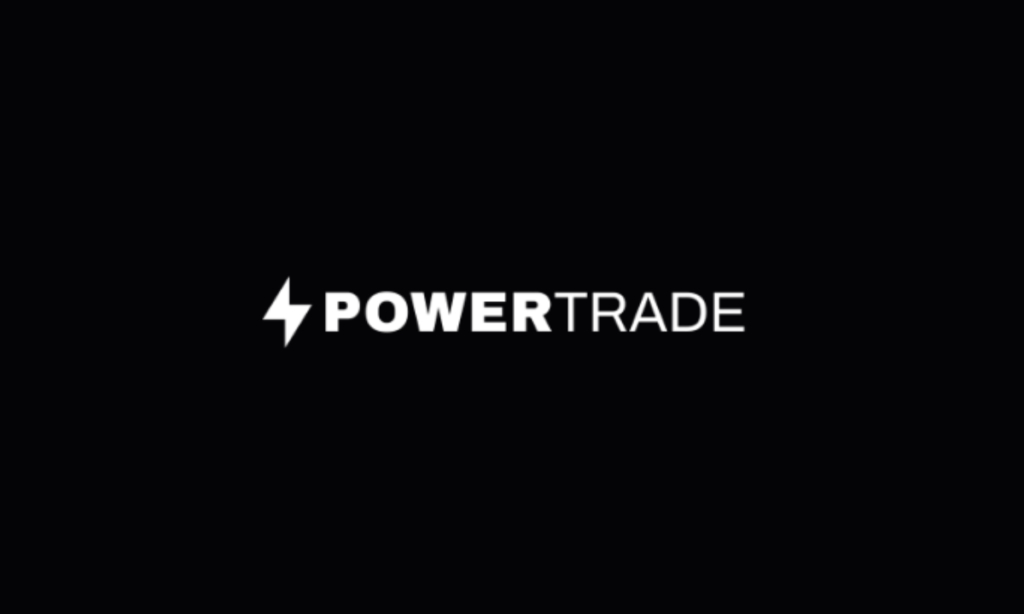On March 24, 2023, Venezuelan prosecutors arrested 21 individuals, including businessmen and government officials, for their alleged involvement in a massive crypto-related corruption scheme within the state oil company, PDVSA.
The scheme was investigated by the government starting in October 2022 and focused on PDVSA, the judiciary, and the country’s crypto watchdog, Sunacrip.
Attorney General Tarek Saab called the scheme “one of the most lurid plots in recent years” and accused officials, businessmen, and young people, including so-called “mafia women,” of participating in corruption and money laundering.
Saab did not provide details about the company names or the exact scope of the scheme but stated that Sunacrip was assigned oil cargoes for sale without administrative control, enabling receivers to purchase these cargoes without making a registered payment.
The US government had previously imposed sanctions against Venezuela in 2019 after detecting that Venezuelan oil shipments were paid via cryptocurrencies. In February 2023, two oil brokers were reportedly facing charges for settling illegal oil deals with PDVSA using Tether (USDT) to dodge sanctions and settlement payments.
According to Reuters, Saab’s office has investigated over 30 cases linked to the country’s oil corruption, leading to the prosecution of almost 200 people. A few government officials and businessmen were also arrested or removed from their positions in the previous week.
On March 20, anti-corruption prosecutors in Venezuela requested that PDVSA officials be investigated, resulting in the resignation of the company’s president on the same day. Two days later, Pedro Tellechea was appointed as the country’s new oil minister and PDVSA’s new chairman. The recent arrests signal the Venezuelan government’s continued effort to crack down on corruption within the country’s oil industry.



